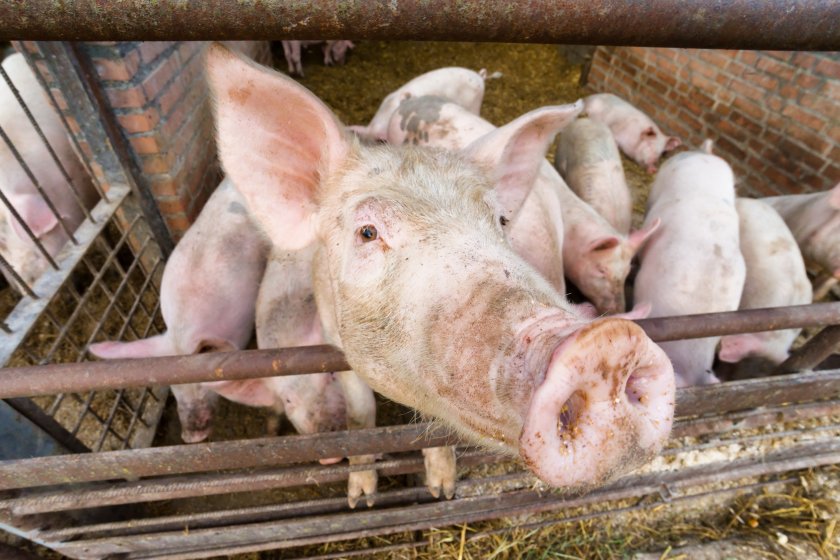
A single human case of an influenza strain that is currently circulating in pigs in the UK has been confirmed in North Yorkshire.
The UK Health Security Agency (UKHSA) said this was the first detection of Influenza A(H1N2)v in a human in the UK.
The individual concerned experienced a mild illness and has fully recovered, according to the UKHSA.
The source of their infection has not yet been ascertained and remains under investigation by the agency.
Pig producers and keepers have also been told to report any suspicion of swine flu in their herds to their local vet immediately.
Influenza A viruses are enzootic in pig populations in most regions of the world. When an influenza virus that normally circulates in swine is detected in a person, it is called a ‘variant influenza virus’.
H1N1, H1N2 and H3N2 are major subtypes of swine influenza A viruses in pigs and occasionally infect humans, usually after direct or indirect exposure to pigs or contaminated environments.
There have been a total of 50 human cases of influenza A(H1N2)v reported globally since 2005; none of them related genetically to the strain found in North Yorkshire.
Chief Veterinary Officer, Christine Middlemiss, said: “We know that some diseases of animals can be transferred to humans – which is why high standards of animal health, welfare and biosecurity are so important.
“Through our animal and human surveillance systems we work together to protect everyone. In this case we are providing specialist veterinary and scientific knowledge to support the UKHSA investigation.
The case was detected as part of routine national flu surveillance undertaken by UKHSA and the Royal College of General Practitioners (RCGP).
The individual was tested by their GP after experiencing respiratory symptoms. Influenza A(H1N2)v virus was detected using PCR testing and characterised using genome sequencing.
UKHSA said it was monitoring the situation closely and is taking steps to increase surveillance within existing programmes involving GP surgeries and hospitals in parts of North Yorkshire.
Meera Chand, incident director at UKHSA, said: “It is thanks to routine flu surveillance and genome sequencing that we have been able to detect this virus.
"This is the first time we have detected this virus in humans in the UK, though it is very similar to viruses that have been detected in pigs.
“We are working rapidly to trace close contacts and reduce any potential spread."
